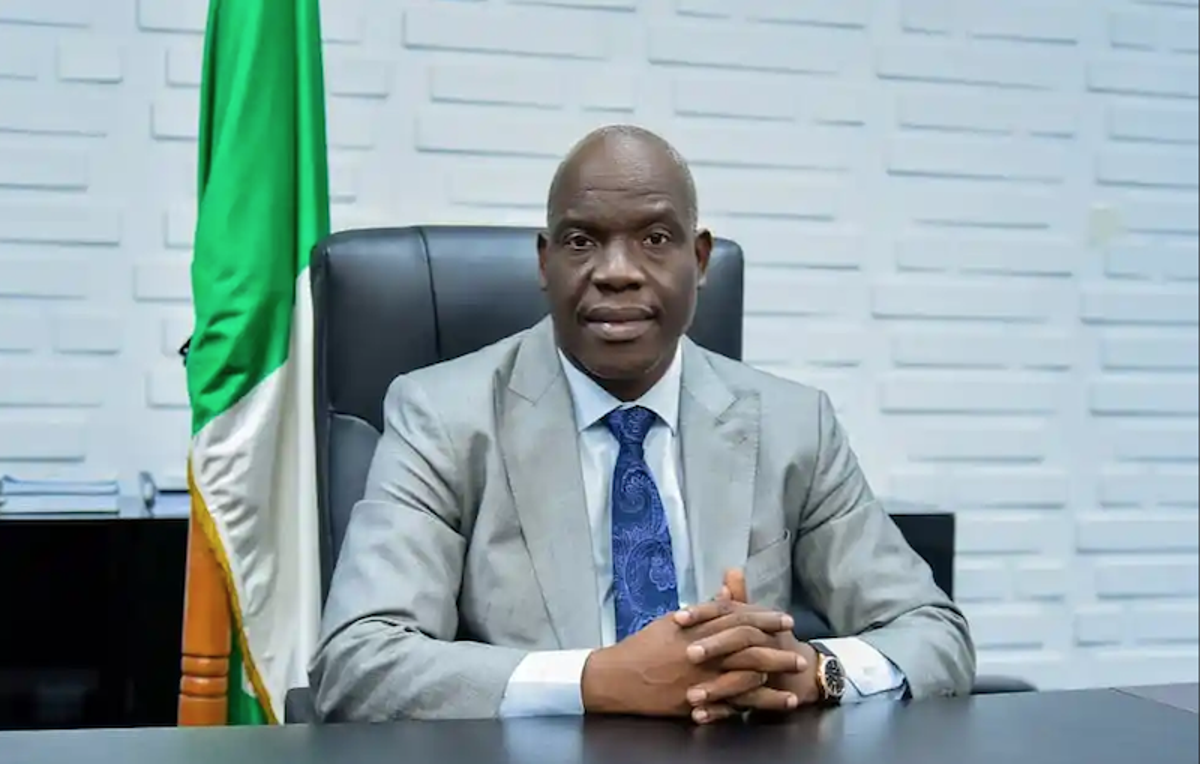As FG pegs signature bonus at $10m
Experts and stakeholders in the oil and gas sector have said the current oil block bidding process recently initiated by the federal government, with emphasis on production bonus, would spur investment.
Daily Trust reports that the federal government has re-engineered Nigeria’s oil bidding process, with emphasis on production bonus targeted at enabling investors to channel their scarce resources into immediate development and early production.
It would be recalled that many investors at the local and international levels had been discouraged by the high signature bonus in the past.
This development also made it difficult to begin oil and gas production and the attendant benefits.
But under the new arrangement, the industry regulator, the Nigerian Upstream Petroleum Regulatory Commission (NUPRC), has removed entry barriers, including the reduction of the signature bonus.
The signature bonus is a single, non-recoverable lump sum payment made upfront by oil companies to the government for the rights to develop an oil block commercially after successfully winning in the licence bid round.
In the current bidding process, the signature bonus has been reduced to only $10 million for deepwater assets and $7 million for shallow water and onshore assets.
The move, it was learnt, was to deepen Nigerian content development and attract foreign direct investment, thereby contributing to long-term global energy sufficiency, expanding opportunities for gas utilisation and creating employment opportunities.
Stakeholders, however, hailed the move, which they said would lead to a rise in capital expenditure going into funding renewables in the spirit of the global energy transition.
The executive chairman, African Energy Chamber, NJ Ayuk, said the current bidding process was promising for Nigeria, in terms of foreign direct investment.
He said, “Nigeria has established a robust framework that is set to attract foreign exploration companies with modernised fiscals that are competitive for deepwater exploration. We the AEC believe the most lucrative balancing point between creating a welcoming environment for international companies and achieving Nigeria’s own national goals is important.
“Key to this bidding round will be the role of independents and indigenous players when it comes to exploration. The bidding round also paves the way for gas monetisation that will bring amazing benefits to Nigeria and international markets.”
The national president of Oil and Gas Service Providers Association of Nigeria (OGSPAN), Mazi Colman Obasi said, “Investors need a conducive environment to put their money. Once the right environment exists, foreign capital will begin to flow in.”
Also, the executive director, Emmanuel Egbogah Foundation for Petroleum, Prof Wumi Iledare said: “A high signature bonus is regressive. It makes a petroleum province with a high signature bonus less attractive.”
It would be recalled that the NUPRC, penultimate week held a pre-bidding conference in Lagos, with its chief executive, Gbenga Komolafe, an engineer, confirming the removal of barrier to encourage local and foreign investors.
At least no fewer than 12 oil blocks, as well as seven deep offshore blocks from the 2022 Mini-Bid Round Exercise, which covers an area of approximately 6,700 km in water depths of 1,150m to 3,100m, are covered in the current process.
He said, “President Bola Ahmed Tinubu and Minister of Petroleum Resources, Nigeria, have embarked on a transformative agenda that aligns with the most stringent global standards and commitments. The recent presidential executive orders issued in March this year, aimed at improving the efficiency and attractiveness of Nigeria’s oil and gas sector, were generously targeted to incentivise oil and gas development, introduced measures to balance the implementation of Nigerian Oil and Gas Industry Content Development Act, 2010 to ensure that oil and gas development is not hindered by local content bottlenecks.
“The executive orders also include directives on the reduction of contracting costs and timelines to enhance the global competitiveness of our oil and gas industry and achieve a higher rate of return on oil and gas investments.
“Nigeria is endowed with abundance of crude oil and condensate reserves, as well as natural gas reserves, representing above 30 per cent and 33 per cent respectively of the entire oil and gas reserves in Africa, aside from an abundant mix of other renewable energy resources.
“In a bid to exploit and optimise these abundant hydrocarbon resources, section 7(t) of the Petroleum Industry Act (PIA) empowers the NUPRC, the industry regulator, to conduct bid rounds for the award of PPLs and PMLs under the act and applicable regulations.
“It is on this premise that the Federal Government of Nigeria, through the NUPRC, recently announced the commencement of the 2024 Licensing Round, both in-country and outside the shores of the country. It would be recalled that we commenced the announcement at the maiden edition of the NEITI Dialogue Session, 2024, where the bid processes were thoroughly interrogated by civil society and the media.
“This was subsequently followed by the announcement of the commencement of the bid round at the 2024 OTC in Houston, the road show in Miami, organised by Zeste Advisory, African Energies Summit in London, organised by Frontier Network, and Invest in Africa Energy Summit in Paris, organised by Energy Capital Power.
“The commission aims to project and attract robust local and foreign investors who will be participating in the bid exercise.”
He also said: “The NUPRC, on behalf of the Federal Republic of Nigeria, is committed to conducting the licensing round in a fair, competitive and transparent manner and ensuring a level playing field for both indigenous and international investors. Our approach is underpinned by the robust legal framework of the Petroleum Industry Act 2021(PIA), which ensures compliance with best practices to boost investors’ confidence.
“In keeping with the provisions of the PIA and regulations made under the Act, the commission has issued a licensing round guideline and published a licensing round plan for the blocks. This round introduces some meticulously selected blocks across diverse geological spectra from the fertile onshore basins to the promising continental shelves and the untapped depths of our deep offshore territories. Each block has been chosen for its potential to bolster our national reserves and stimulate economic vitality…”

 Join Daily Trust WhatsApp Community For Quick Access To News and Happenings Around You.
Join Daily Trust WhatsApp Community For Quick Access To News and Happenings Around You.


